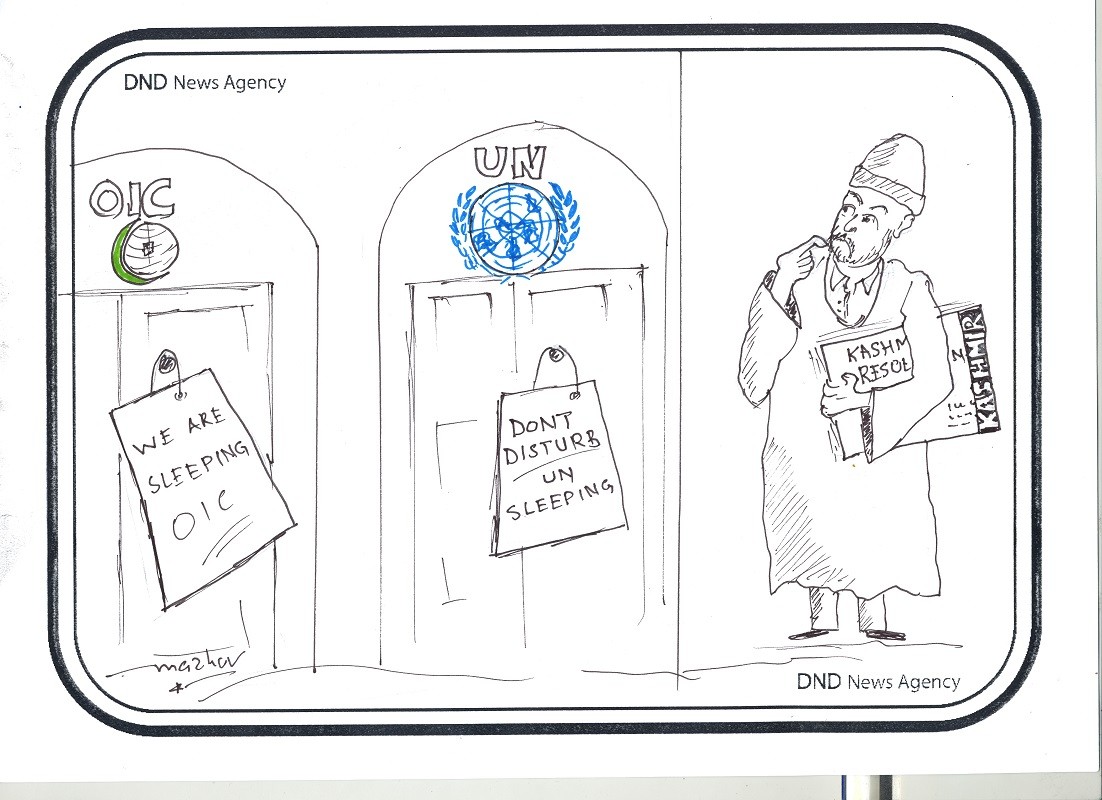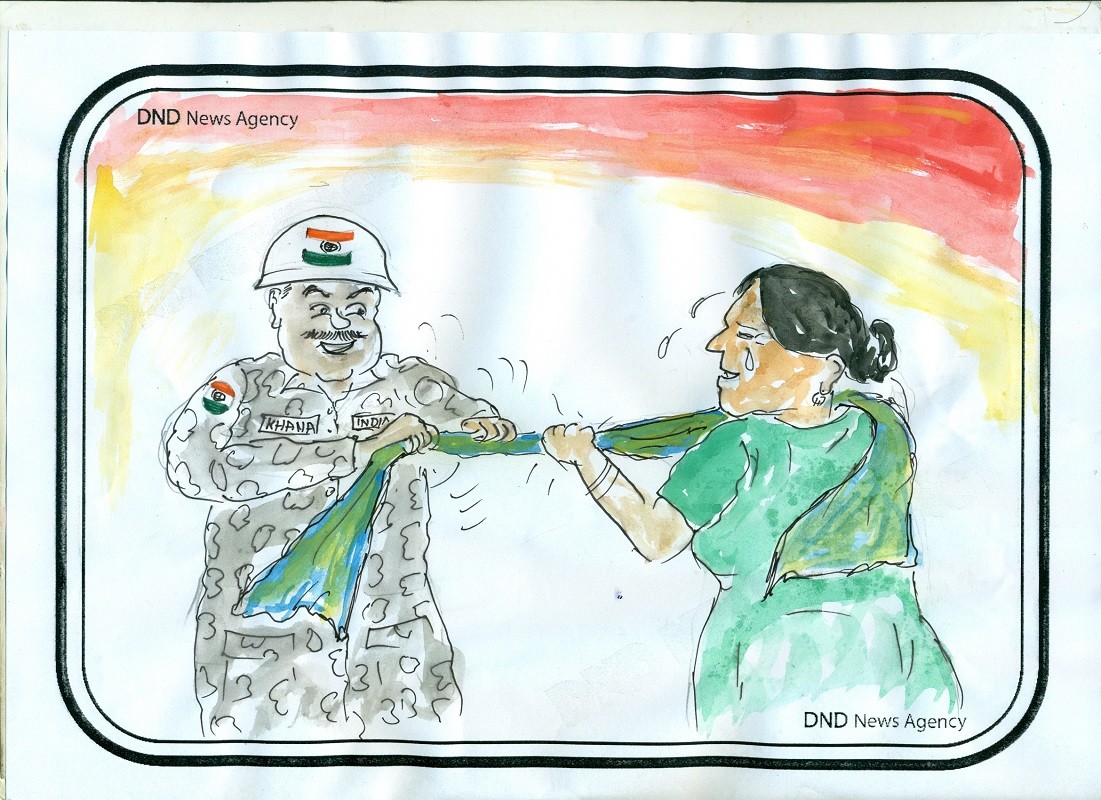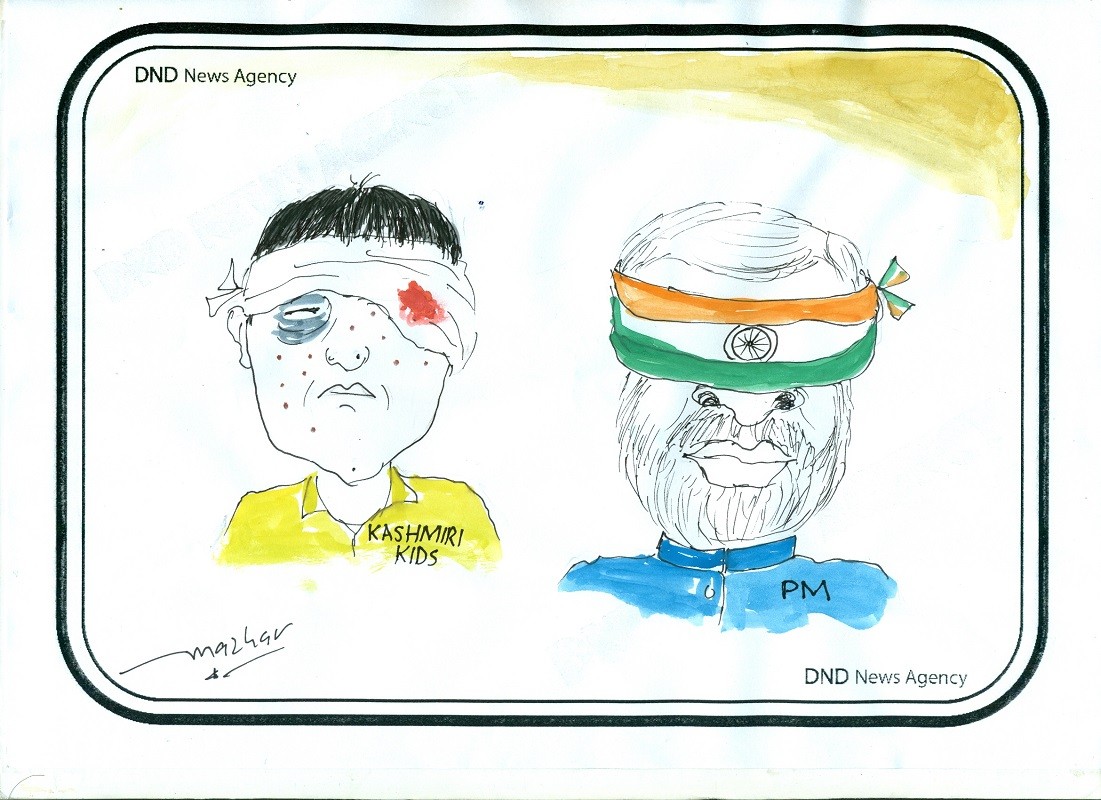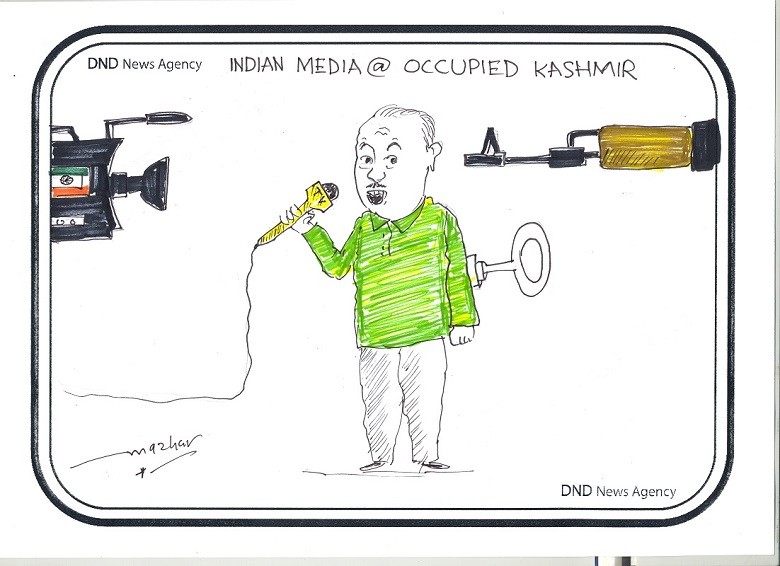By Zaman Bajwa
The right of Kashmiris to self-determination by an impartial referendum was guaranteed by a resolution passed by the UN Commission for India and Pakistan on January 5, 1949. Pakistan marks this day as Kashmir’s Right to self-determination Day to show its support for its fellow Kashmiris and to remind the world of its obligations to the people of Indian-occupied Jammu & Kashmir (IIOJK).
The day marked by a range of events worldwide, including protests, seminars, and conferences, to serve as a reminder to the UN that it must put its significant resolutions to action in order to end the Kashmir dispute and secure the Kashmiris from Indian brutality. The emphasis of the special sessions on the necessity of quickly recognizing the suppressed and persistently denied right of the people of Jammu and Kashmir to self-determination. The world will once again hear from speakers at these events that the people of Jammu and Kashmir will keep fighting for the right to self-determination until it is achieved.

India has been blatantly violating international law for the past 75 years by refusing to organize free and fair plebiscite in Kashmir despite UN promises. The people of Kashmir are being systematically persecuted by Indian occupation troops as a result of their calls for their right to self-determination since the International community, particularly the UN, has failed to execute its decisions.
The world must condemn India’s repressive laws, the right to self-determination, an accepted democratic principle on a global scale, “gives certain people a chance to decide about their destiny in conformity with their own choices. India, widely claimed as the most democratic nation in the world, vehemently opposes this right to self-determination. The Indian government’s assertion that the constitution forbade holding a plebiscite in Kashmir might be refuted if its Article, which “invests the Indian parliament with the ability to create new states and alter the areas, limits, and names of the existing ones,” is closely examined.

The Indian constitution did not contain any provisions for the final decision over Jammu and Kashmir. Analysts assert that India must adhere to international standards because of the Vienna Convention on the Law of Treaties.
“Article 27 of this convention declares that a party cannot invoke the provisions of its internal law as justification for its failure to perform a treaty. This article shows that the state cannot back out from the international commitment on the ground that it is the violation of its national law.”
The Resolution passed on 5th January clearly states that the question of accession of the state of Jammu and Kashmir to India or Pakistan will be clearly decided through the democratic method of a free and impartial plebiscite. The point to be noted strongly is that nothing can change this historic resolution which was passed by the consensus of both countries over the disputed territory, the abrogation of laws, change of government, conservative ideologies are unable to change this powerful resolution passed by United Nations. In addition to this, the breaking of this resolution should only be considered as the crime against the laws set by the United Nations in specific and against Human Rights in general.
For the reminder the UN Resolution of 5 January 1949, clearly states that The United Nations Secretary-General will select a Plebiscite Administrator after consulting with the Commission. This person must have a solid international reputation and be well-liked. A plebiscite will be held after the Commission determines the cease-fire and truce agreements specified in Parts I and II of the Commissions. He will be officially appointed to his job by the Jammu and Kashmiri administration.
The State of Jammu and Kashmir shall provide the authority required by the plebiscite administrator for the plebiscite’s planning, administration, and maintenance of its freedom and impartiality. All civil and military authorities, as well as the main political forces in the State, will need to collaborate with the Plebiscite Administrator in order to organize and carry out the plebiscite. All State residents who left the nation because of the turmoil will be greeted upon their return and given full access to their civil liberties. To facilitate the repatriation, two commissions must be established, one with candidates from Pakistan and the other with nominees from India. The Commissions will report to the Plebiscite Administrator. The Governments of Pakistan and India, along with other authorities in the State of Jammu & Kashmir, will cooperate with the Plebiscite Administrator.
All this explanation clearly shows that Resolution is the only productive viable and reliable solution to the problem of Jammu and Kashmir. There will be no compromise over this. A solution through a plebiscite will only bring peace between the two nations and even to the overall region.
It will be of benefit to all the parties involved in the issue of Jammu and Kashmir. The resolution is solely based upon the principles of rightful democracy as people living in the region, people who belong to the region should have the right to determine and decide their future by their own will. This will not bring chaos in the region.
India should accept the resolution as it was India who brought the matter to United Nation. Besides showing brutality and oppression in the occupied territory, India should prove itself to be the biggest democracy in the world.
In the nutshell, there is no compromise and will never be compromised over the resolution which is the basic right of the people of Jammu and Kashmir. Their fight for 75 years is based upon the hope that one day there will be a plebiscite and they will be able to decide what is right for them.
Implementation of this resolution is also very important for the credibility of the United Nations as it’s a nonpartisan platform that could provide justice and have such power to arbitrate in the time of conflict between its member countries otherwise it will be another League of Nations.
The Writer is an Islamabad-based Journalist and Executive Director of YFK-International Kashmir Lobby Group. He tweets @Zamanbajwaa



